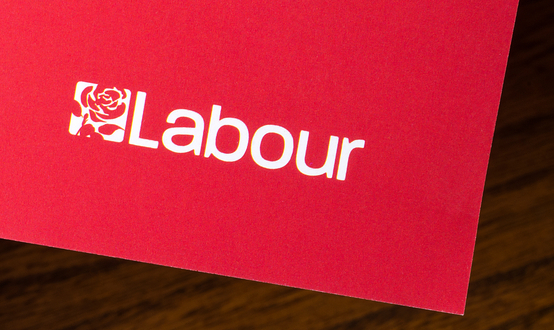Interview: George Freeman
- 25 January 2016

The digitisation of the NHS will help “unleash the power of the NHS as a research engine” says the life sciences minister, George Freeman.
Sitting in his Whitehall office, he explains: “For individual care, for system performance, patient safety and for research we need integration. It’s no good using isolated data sets for research.
“That’s why the original life sciences strategy said our vision is to realise the power of the NHS as a research engine, so every patient is a research patient.
“In order to bring that into effect, we need to be properly measuring and linking diagnostic data, treatment data, outcomes data, so we create a proper digital patient pathway.”
Appointed to his current role in July 2014, Freeman is the first UK minister for Life Sciences at the Department of Health and the Department of Business, Innovation and Skills. This makes him responsible for NHS research and development, data and technology and genomics, among other things.
However, before he entered Parliament as MP for Mid Norfolk in 2010, he had a 15 year career in biomedical venture capital, working with businesses in and around Cambridge; and before that he was involved with pharmaceuticals start-ups.
He tells Digital Health he “really learned the power of data” during his four years running a predictive toxicology business, which built a smart algorithm to look at existing drugs and side effects and how drugs could be more effective.
But, he argues, the inevitable data and research revolution is not possible unless the whole health and care system is digitised.
It’s all about transformation
The undoubted benefits of digitisation for research would be a welcome by-product of the widespread implementation of technology across the NHS, which the government believes is essential for the transformation and modernisation of the health service to make it more sustainable and patient-centred.
Secretary of State for Health Jeremy Hunt has set a fast-approaching target for all healthcare to be paperless at the point of care by 2018 and for health and social care services to be using fully digitised, interoperable care records by 2020.
These are laudable ambitions; but they are more or less what health and social care has been trying to achieve for two decades, first through the ‘national strategy, local implementation’ approach of Information for Health, and then through the ‘ruthless standardisation’ model of the National Programme for IT.
“If we continue to do what has been done over the previous 20 years, which I would characterise as a slow gradual attempt to digitise the whole system, I’m not confident (that paperless 2020 can be achieved),” says Freeman.
“But the approach that the secretary of state has led is very different. It’s based, firstly on benefits for patients. That’s why our focus is on things that matter to patients like booking appointments and ordering prescriptions online.
“We are at a tipping point where patients are beginning to get hungry for and feel the benefits of digitisation of the NHS. That’s crucial, because when we go from spending money on a system – and the system benefits being largely invisible – to genuine patient empowerment and patient-driven digitisation, this will be unstoppable.”
Patient-driven change
This expected push from patients, often talked about by politicians and NHS leaders, has not yet materialised and Freeman is surprised that the public are not more concerned about the over reliance on paper in the NHS or lobbying hard for digitisation.
“We cannot run a modern health service on paper and cardboard. I don’t think enough patients realise how reliant we are on paper and cardboard today and how dangerous that is,” he says. “It’s only because of the dedication and diligence of staff that we have avoided and do avoid inevitable accidents if we rely on paper.”
Digitisation will also have benefits for patient safety and performance. “People talk about variations in the NHS – a postcode lottery.
“We want to actively allow patients to compare local hospitals and health economies with others so we can identify the best and worst practice and data is absolutely essential to that. No other industry sector tries to run without performance data,” Freeman argues.
Through MyNHS: data for better services, he says the government is giving patients access to this comparative data, in the same way that parents got access to schools performance data in the 1980s, which “transformed the debate and gave consumers of the public service real power.”
Cultural barriers
While patients are getting a taste for interacting electronically with the NHS and the government is fully committed to the programme, Freeman admits that barriers to change still exist in parts of the health service.
“We are at a tipping point, but with some extraordinary variations,” he explains. “Some pioneering GPs, hospital leadership and consultants are doing remarkable things to improve patient safety, outcomes and efficiency.
“But it’s also true that in much of the outer reaches of our health and care sector, digital can look at times like a distraction from the 24/7 pressure of caring for patients.
“Our challenge is to show that these technologies aren’t a substitute for personal care: they are fundamental to high quality personal care.”




